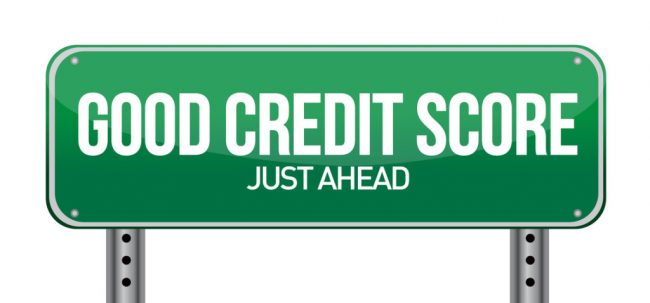New Credit Score Models Bring Hope to Consumers
June 29, 2017 | Posted by Blair Warner | No CommentsChange is on the horizon…sort of
Did you know that the credit score models are updated more frequently than most realize? Just about every year. In an effort to help consumers meet financial goals that require good credit there has been a lot of changes in the last few years in credit scoring models that presents a clearer picture of borrowers credit-worthiness.
Here are a few changes in credit score models in recent years:
1. Data sources such as rent, utility and cellphone bill payments are being added.
2. The new models also treat medical collection debt more fairly by ignoring settled delinquencies.
3. Many ignore paid collections accounts entirely.
Additionally, from a recent American Banker article:
-
“Credit file data is also changing for the better (in July, 2017). In March, the Consumer Data Industry Association, a trade organization representing the three national credit bureaus and companies that collect and sell consumer information, announced stricter standards on including information from civil judgments and tax lien data, which will result in the removal of much of this information from consumers’ credit reports. Under the standards, consumers will have a 180-day grace period to settle insurance claims for medical bills.”
Obviously, these changes are positive, but there is a small problem: lenders and banks are slow to implement the new models, and the benefits will only be received by consumers when lenders put these scoring risk models into use. So far, lenders are continuing to rely on older credit models that are less predictive.
Why? Go here to read the complete article on American Banker.
There is hope on the horizon, though, as more and more lenders test the waters. In the meantime, until the new score models are more widely accepted, it is important for consumers to understand their credit reports and the many factors that go into calculating their score so they can qualify for the credit they need.
Check out these past articles for help:
How Are FICO Scores Determined?
The Most Common Credit Mistakes People Make
Hope this is helpful! As always, we are just a call or an email away for help. In fact, click the link over to the right of this page for a Free Credit Evaluation
keep an eye out for more and more lenders using the new credit score models soon.
Best to you!
Blair Warner – Certified Credit Consultant














